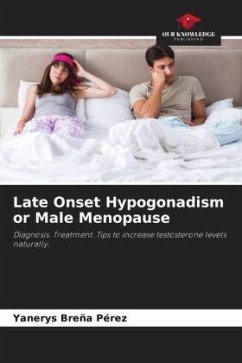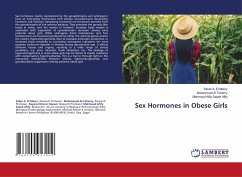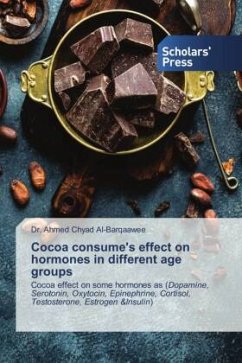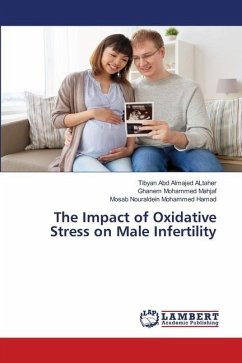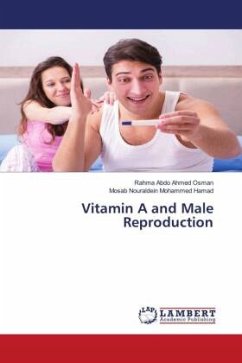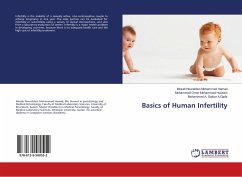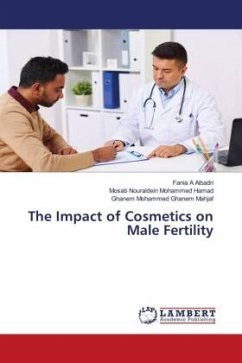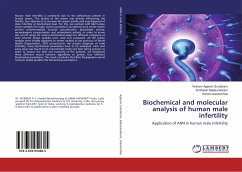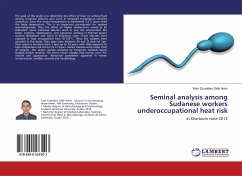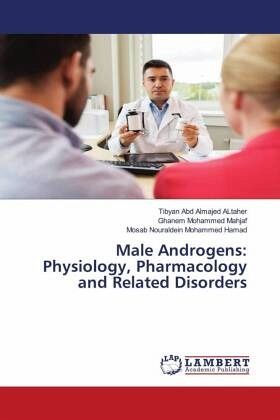
Male Androgens: Physiology, Pharmacology and Related Disorders
Versandkostenfrei!
Versandfertig in 6-10 Tagen
40,99 €
inkl. MwSt.

PAYBACK Punkte
20 °P sammeln!
Androgens are important steroid hormones that control how the male phenotype is expressed, including the establishment and maintenance of spermatogenesis as well as the external development of secondary sex traits. The development of male reproductive organs such as the epididymis, vas deferens, seminal vesicle, prostate, and penis is greatly influenced by androgens. Additionally, males require androgens during puberty, masculine sexuality, and reproduction. Spermatogenesis requires a lot of intratesticular testosterone, which is released by the Leydig cells. The majority of the androgen-bindi...
Androgens are important steroid hormones that control how the male phenotype is expressed, including the establishment and maintenance of spermatogenesis as well as the external development of secondary sex traits. The development of male reproductive organs such as the epididymis, vas deferens, seminal vesicle, prostate, and penis is greatly influenced by androgens. Additionally, males require androgens during puberty, masculine sexuality, and reproduction. Spermatogenesis requires a lot of intratesticular testosterone, which is released by the Leydig cells. The majority of the androgen-binding protein that binds intratesticular testosterone is released into the seminiferous tubules. The androgen receptor is specifically coupled to testosterone inside the Sertoli cells, where activation of the receptor causes the spermatogenic process to begin and be maintained as well as the suppression of germ cell apoptosis. All male reproductive organs include the androgen receptor, which can be activated by either testosterone or its more potent metabolite, dihydrotestosterone. Male sexual development in males may be aberrant as a result of severe androgen receptor abnormalities.



